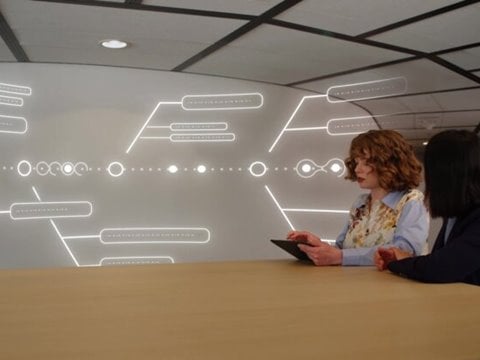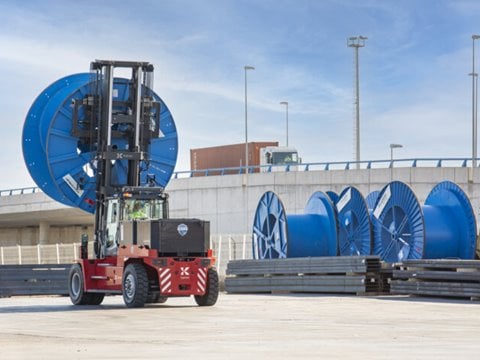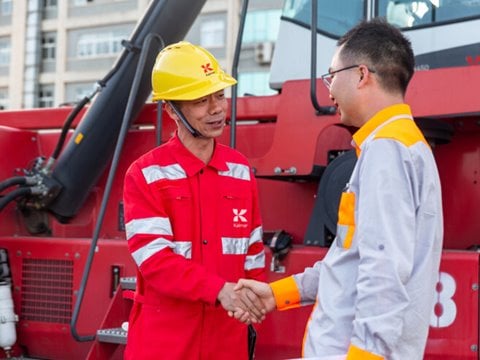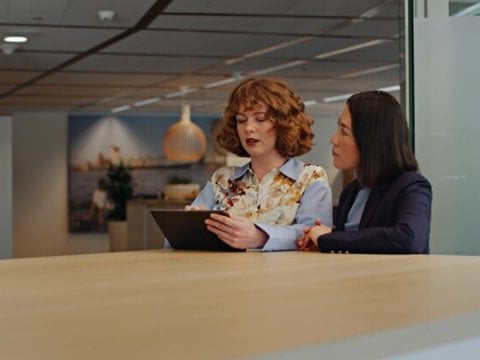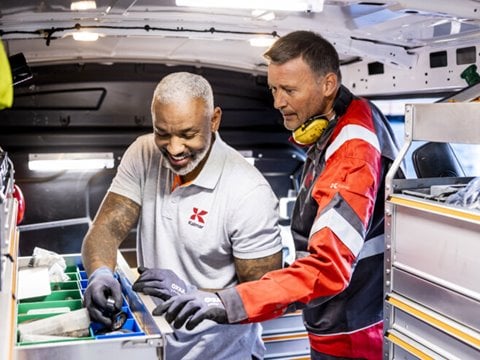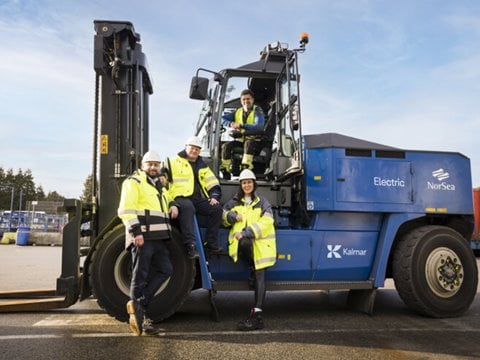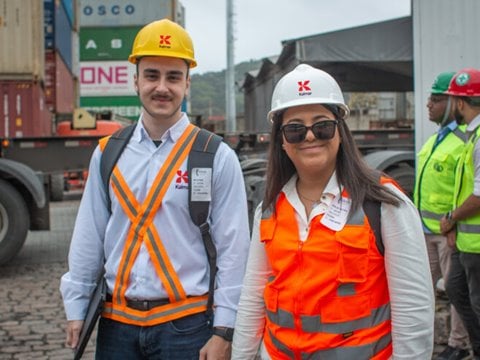
Design: Why bother?
What is the importance of design in the development of container handling equipment? How do designers balance functionality with the aesthetics of the machine?
Every product and machine is designed by someone, and each industrial design is an effort to align functionality and aesthetics to best address customer needs. Ideally, good design is always about exceeding expectations, but this is never possible without great functionality.
Design is much more than aesthetics. It is not just superficial styling, or something that you apply to a finished product to make it look more appealing. Neither should design start from a technical feature, but instead with the needs or problems you need to fulfil and solve. Technology is not interesting, but the function of the product is. Design is function.
Technology is not interesting, but the function of the product is. Design is function.
Design is thus always about combining appearance with technical features in the best possible way. However, a nearly universal law of design is that if you’ve solved the function optimally, you usually end up with a beautiful product.
Balancing art and science
Human beings have a desire towards beautiful surroundings and items; it’s in our genes. If you have a choice between two similar concepts, one of which is ugly and the other good looking, it is very likely that you will choose the latter. A well-designed product inspires confidence, while rough design comes across as less professional and somehow incomplete. Again, one should never add anything unnecessary in an attempt to make a product pretty, but make the most out of what is already there.
However, we should also remember that art has often gone beyond science, and an artist may dare to think outside the box, whereas a scientist may be more restricted. This can result in new solutions, new choices of material or other innovations. In a perfect world, you would of course have at least one of both roles on your design team.

Design promotes innovation
Often inventive design can lead directly to a new way of addressing a specific customer requirement. For example, Kalmar's latest concept design of container handling machines incorporates four-wheel steering that enables the machine to move in any direction – including sideways. This allows operators to increase the container density at ports and terminals, as the machine needs less space to move around, and more rows of containers can fit into a given land area. The interesting thing about this idea is that it actually originated during the design team work.
The real added value of a good design is better solutions with new functionality, lower production costs, better durability and so on.
Advances in technology and design can also make it easier to design safety features that are not only more effective, but less obtrusive. For example, LED technology enables not only more powerful and eco-efficient lighting, but also more streamlined and appealing design. As the electrification and automation of container handling equipment gains ground, we will see numerous new design avenues open up, since many of today's engineering challenges are related to the operator cabin and diesel drivetrain.
Ultimately, design is not just about looking nice, even though another maxim states that it generally doesn't cost a lot more to make something beautiful rather than something ugly. So it certainly won't hurt for a container handling machine to look great, and our customers certainly appreciate this too. But the real added value of a good design is actually better solutions with new functionality, lower production costs, better durability and so on.
Any industrial company always needs to balance investments in compelling product design with cost discipline, but with the techniques available today and in the future, there is simply no excuse for not creating products that are outstanding in both performance and design.
Rebecca Nielsen, Kalmar
Per-Erik Johansson, Kalmar
Rebecca Nielsen, Marketing Manager, Industrial and Distribution, Kalmar Mobile Equipment
Rebecca is a dedicated marketer with seven years of experience in the industry. She is well aware of the impact of visuals and design for memorable brand experience and believes that great product design makes life as a marketer a whole lot easier. “Our industry might not have been the most remarkable in terms of design but I'm happy to see Kalmar driving this change.”
Per-Erik Johansson, Project Manager, Kalmar Mobile Equipment
Per-Erik has more than 35 years of experience in R&D for Kalmar's mobile equipment and is now working with the Kalmar Future Generation and electrification in particular. "Designing good-looking machines has always been in the back of my head, even if functionality, past production methods and costs have been limiting factors. For the future I believe that nice and exciting design is not only realizable but also mandatory to stay ahead of the game."
Related articles
Further reading
External resources
Subscribe and receive updates in your email
Meld je aan voor onze publicaties